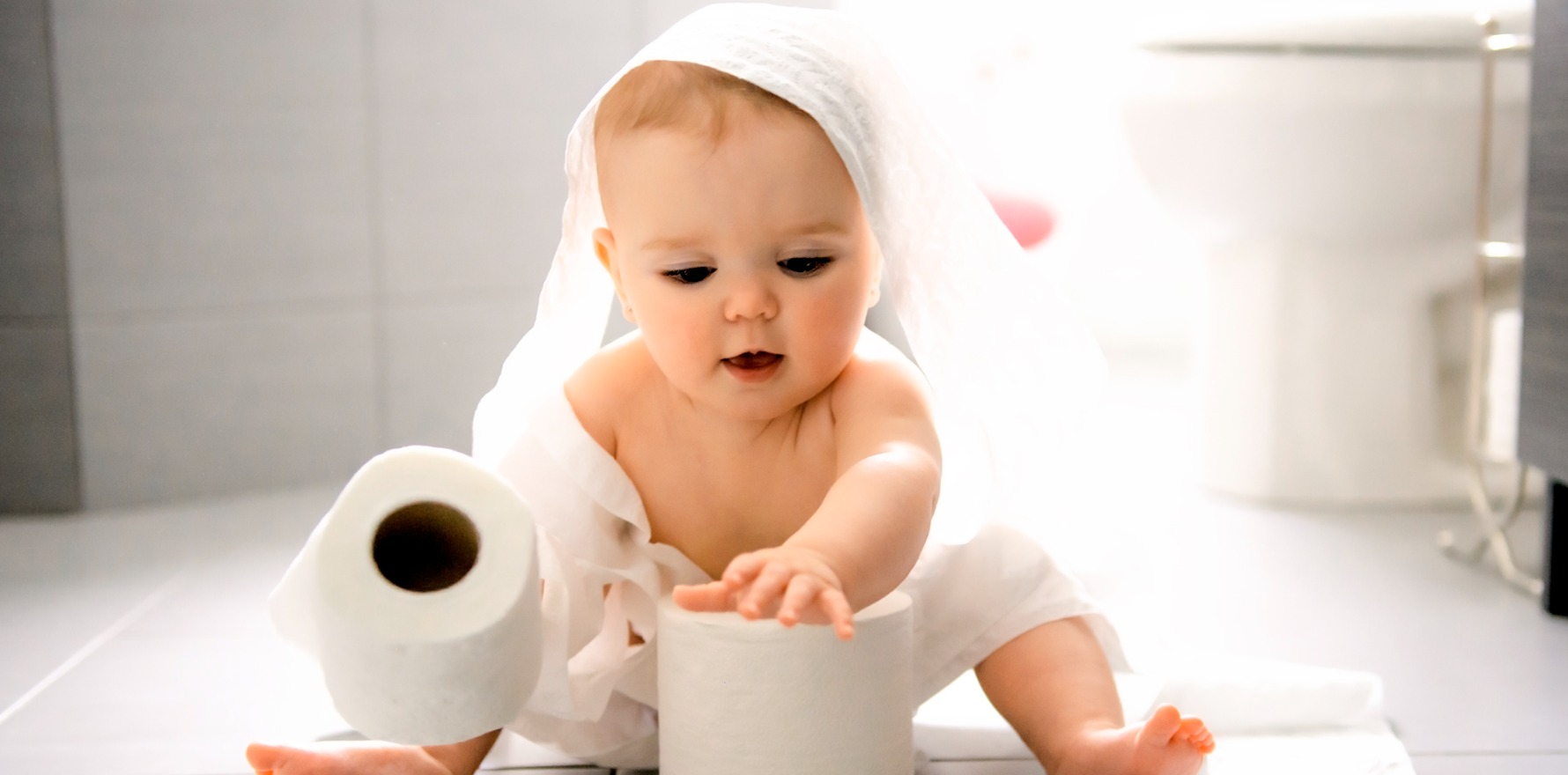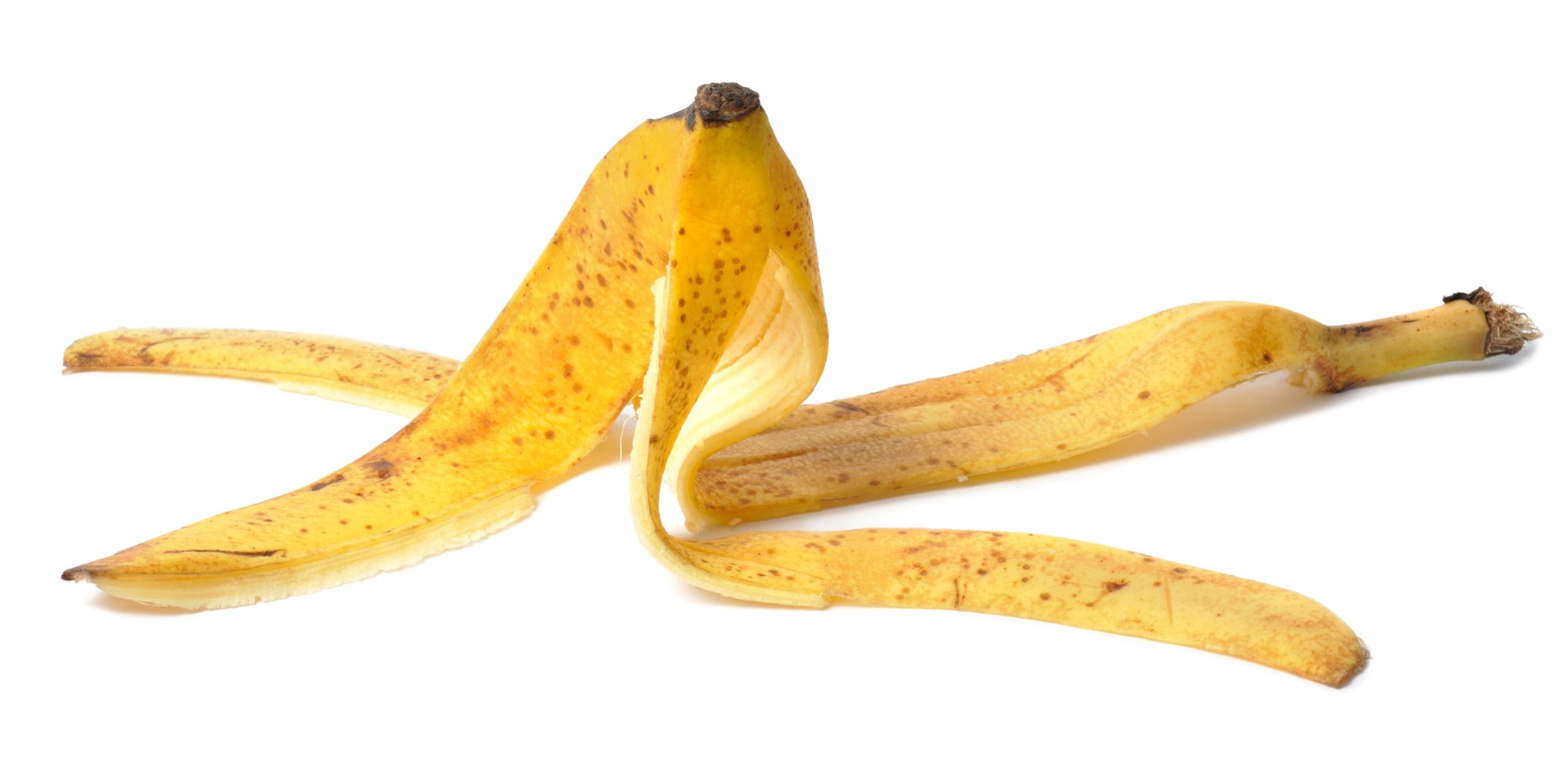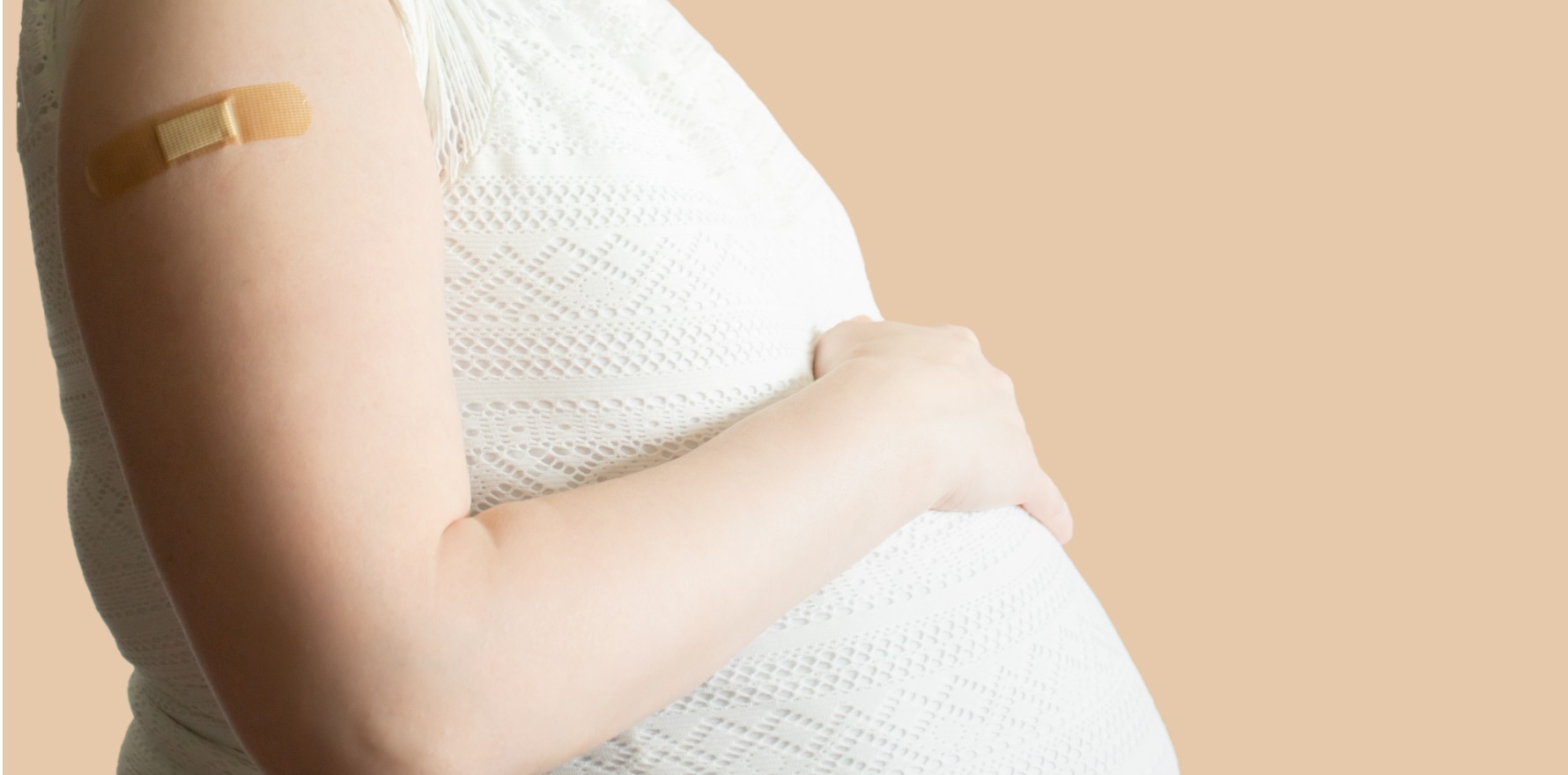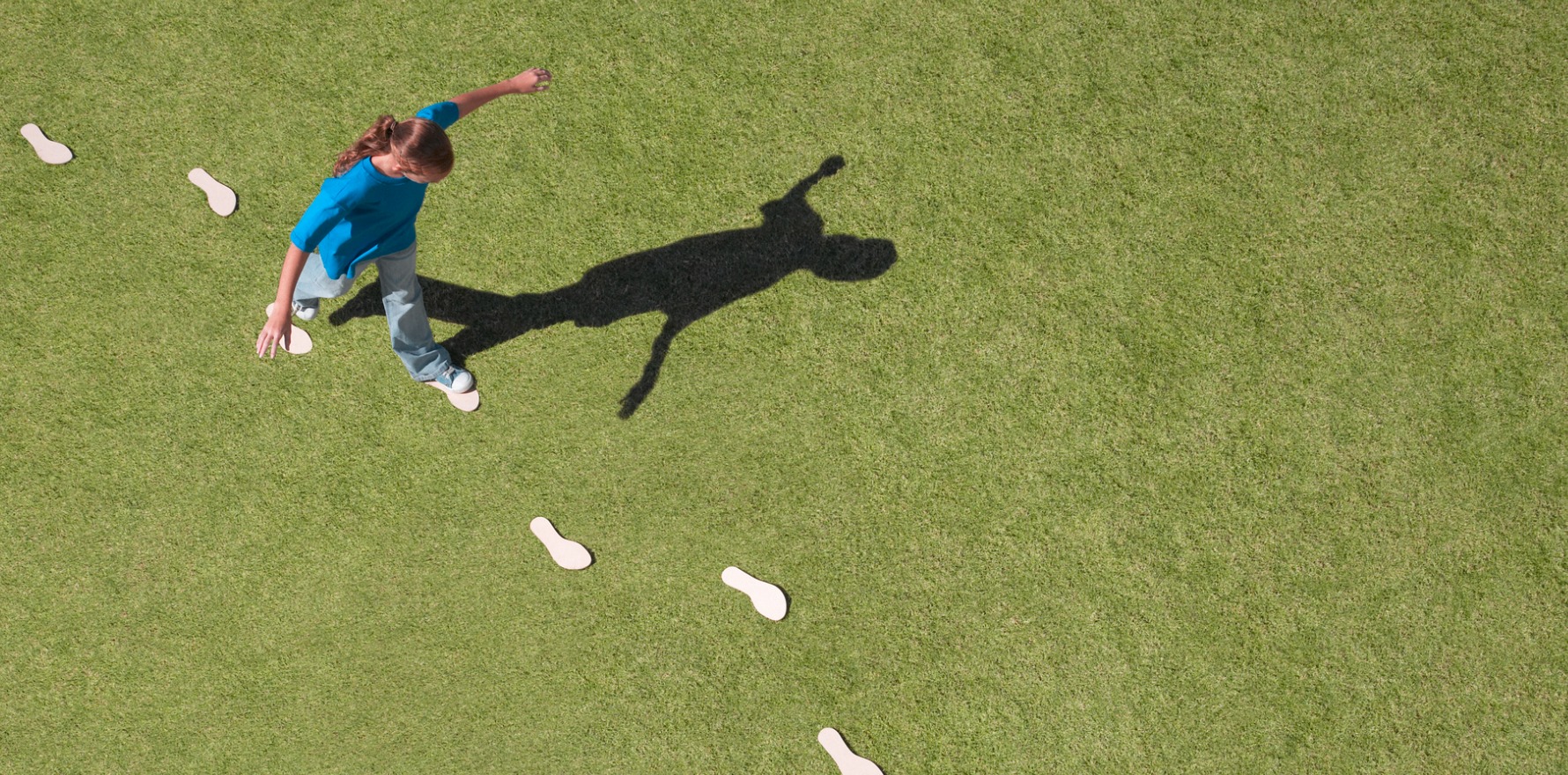Just six months after it was rejected for listing on the PBS, the new maternal RSV vaccine has officially been added to the National Immunisation Program.
Expectant mothers will be able to access Pfizer vaccine Abrysvo via the National Immunisation Program before next winter, Health Minister Mark Butler confirmed over the weekend.
Newborn babies up to 24 months of age whose mothers have not received the vaccine will also be eligible for free course of Sanofi monoclonal antibody immunisation Beyfortus (nirsevimab) through a hybrid funding arrangement.
Incoming RACGP president Dr Michael Wright encouraged the government to work with GPs and the college to ensure GP practices received enough stock of the vaccines.
“Providing this vaccine for free under the national program will improve access to the vaccine, reduce the risk of serious infection in new infants, and help reduce the health costs that new families face,” he said
The program is estimated to cut hospitalisation rates by up to 90%.
There was a relatively high number of RSV infections this year; about 166,000, according to the National Notifiable Disease Surveillance System.
The bulk of these – about 82,000 – were in children aged four and under.
“This is a huge investment in the health of our beautiful babies, it will make a huge difference and reduce thousands and thousands of hospitalisations every single winter,” Mr Butler said.
The cost of subsidising Abrysvo, which is delivered in the third trimester, will be roughly $175 million over four years.
Out of pocket, it costs parents about $300 per dose.
It has only been approved in Australia since March this year, and an application for inclusion in the NIP was knocked back as recently as May due to cost concerns.
The PBAC changed its tune in June, after vaccine sponsor Pfizer returned with a lower proposed cost.
Assuming vaccine take-up among mothers is similar to that of whooping cough, around 80% of pregnant women can be expected to get the vaccine.
In combination with the monoclonal antibody immunisation, Mr Butler said there was reason to believe that Australia would have “pretty much 100%” coverage against RSV for newborns.
WA introduced an all-infant RSV immunisation program using Beyfortus in April of this year, with Queensland following suit several months later.
Related
There were roughly 85% fewer RSV-related infant hospitalisations among the vaccinated cohort.
Funding for the national Beyfortus program will come from state, territory and federal governments.
Immunisation Foundation of Australia director Catherine Hughes said the government had “listened and acted” after extensive campaigning.
“In offering two different infant RSV immunisation approaches, Australia can maximise uptake by catering to different family needs and varying health system dynamics, becoming a world leader in RSV protection,” Ms Hughes said.
Mr Butler said the program would be up and running ahead of winter 2025.





